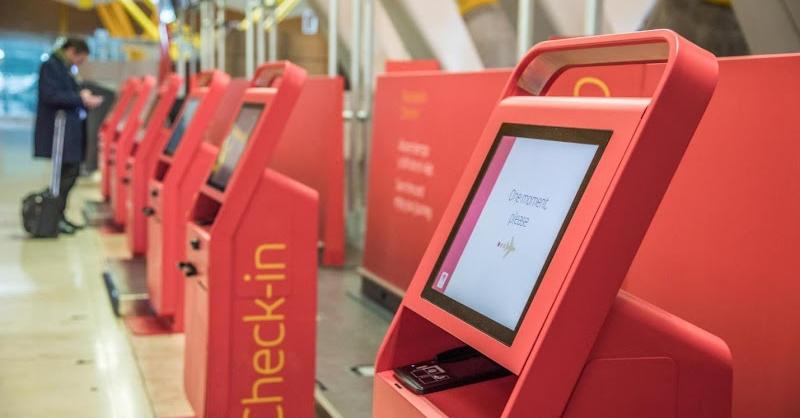In today’s fast-paced digital landscape, the use of mobile devices has become ubiquitous. From smartphones and tablets to kiosks and digital signage, these devices have become an integral part of our lives, both personally and professionally.
But as reliance on mobile devices grows, so does the need for effective management and security. This is where Mobile Device Management (MDM) comes into play.
To put it concisely, MDM is a set of tools and technologies that enable organizations to manage, secure, and monitor mobile devices used by their employees. And with the increasing adoption of Android, Android MDM solutions have become critical.
There are many advantages of using Android for your devices. One of the main ones is versatility. According to a comprehensive mobile device management guide, MDM on Android helps control devices such as:
- Tablets
- Smartphones
- Kiosks
- Point of sale (POS) devices
- Interactive signage
- Handheld scanners
- And many more
As you can imagine, with Android powering so many kinds of devices, all types of industries require Android MDM solutions.
#1 Corporate
With Android devices typically more cost-effective to purchase than their iOS counterparts while offering many benefits, the corporate sector has wholeheartedly adopted Android devices like smartphones and tablets. Here, MDM solutions help with:
- Management
- Security
- Control
- Updates
- Performance
- Debugging
- Provisioning
- And more
#2 Healthcare
In the healthcare industry, where patient privacy and data security are paramount, Android MDM solutions play a crucial role. Tablets and rugged devices running Android enable healthcare organizations to securely manage and monitor mobile devices used by doctors, nurses, and other medical staff.
Android MDM solutions in healthcare facilitate secure access to Electronic Health Records (EHRs) and other critical medical applications. They ensure that sensitive patient data is encrypted, preventing unauthorized access. Some MDM solutions also allow IT administrators to remotely wipe devices in case of loss or theft, safeguarding patient information.
In addition, Android-powered kiosks help patients securely share information and access care.
#3 Retail
Android MDM solutions enable retailers to deploy and manage point-of-sale (POS) systems efficiently. By controlling app installations and updates, businesses can ensure that POS devices are running the latest software and are secure from potential vulnerabilities.
Kiosks in the retail industry that run Android also help empower customers. They also allow businesses to increase their revenue by upselling to users.
#4 Education Sector
MDM solutions on Android tablets help schools and educational institutions manage device deployments and updates at scale. By automating provisioning processes and pushing software updates remotely, IT administrators can save time and resources, ensuring that devices are always up to date.
Moreover, Android MDM solutions provide schools with enhanced security features such as content filtering and web monitoring. This allows educators to protect students from inappropriate content and ensure a safe online learning experience.
#5 Connected Fitness
Businesses can use Android MDM technology to monitor their device fleet’s vitals easily and remotely. Insights from telemetry data such as battery levels, network connectivity, data usage, and storage help keep devices secure and functional.
For a rapidly expanding fitness business, the zero-touch deployment feature of a top Android MDM solution is critical. It allows businesses to set up new equipment quickly and efficiently. Moreover, remote provisioning means that customers have access to the latest apps on the first boot-up.
Clearly, Android MDM solutions have emerged as a game-changer, offering enhanced security, increased productivity, and centralized control. With the right mobile device management tools, organizations can unlock the full potential of their mobile fleet.

